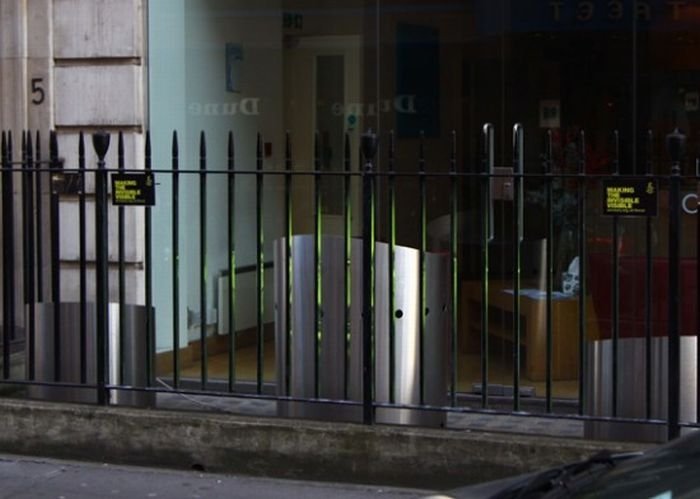|
|
Making The Invisible Visible Campaign
|
Davis has been on death row in the U.S. state of Georgia since 1991. Throughout the original trial and subsequent appeals, Davis maintained his innocence, claiming he was wrongfully convicted of the crime as a result of false identification. Between the trial and first set of appeals, seven of the nine prosecution eyewitnesses who had linked Davis to the killing have unofficially recanted or contradicted part of their original trial testimony, claiming police coercion and questionable interrogation tactics, but none have made a formal recantation as required by law. The witness who first implicated Davis and has remained consistent, Sylvester "Redd" Coles, was initially a suspect in the crime. Coles was seen acting suspiciously the night of MacPhail's murder. One person has claimed that Coles boasted at a party that he killed an off-duty police officer. One witness did not recant his testimony and is not himself a suspect in the murder; he made an in-court identification of Davis at the original trial.
In October 2008, Davis filed a second Habeas petition in the 11th Circuit Court of Appeals on the grounds that it was the first time Davis was presenting a free-standing innocence claim and that no court has yet held an evidentiary hearing on the exculpatory evidence of recanted testimony. On 16 April 2009, the three-judge panel denied Davis' petition on procedural grounds by a 2–1 majority. On 17 August 2009, the U.S. Supreme Court, over the dissenting votes of two justices, ordered a federal district court in Georgia to consider and rule on whether new evidence "that could not have been obtained at the time of trial clearly establishes Davis' innocence."
Davis was given an opportunity to present new evidence at a hearing in federal court in Savannah in June 2010, but he put on only a paucity of testimony. He did not take the stand in his defense, and not call Sylvester Coles as a witness. He also did not call some of the other witnesses who had given affidavits on his behalf, even though some of them were present in the courthouse. Savannah journalist Patrick Rodgers characterized the spartan hearing as a defeat for Davis, commenting, "Although the defense team had been arguing for a hearing like this since they took over the case, if the atmosphere ... was any implication, they seemed to be wishing they could have a second chance."
Amnesty International, a human rights organization, has taken up Davis' cause, although Amnesty International is officially neutral as to whether Davis is guilty or innocent. The advocacy group strongly condemned U.S. courts that refused to formally examine Davis' claimed exculpatory evidence, and has organized rallies and letter-writing campaigns to persuade the Georgia and Federal courts to grant Davis a new trial or an evidentiary hearing. Many prominent politicians and leaders, including former Georgia Governor and President Jimmy Carter, Al Sharpton, Pope Benedict XVI, Nobel laureate Archbishop Desmond Tutu, Presidential candidate Bob Barr, and former FBI Director and judge William S. Sessions have called upon the courts to grant Davis a new trial or evidentiary hearing.
|
|









